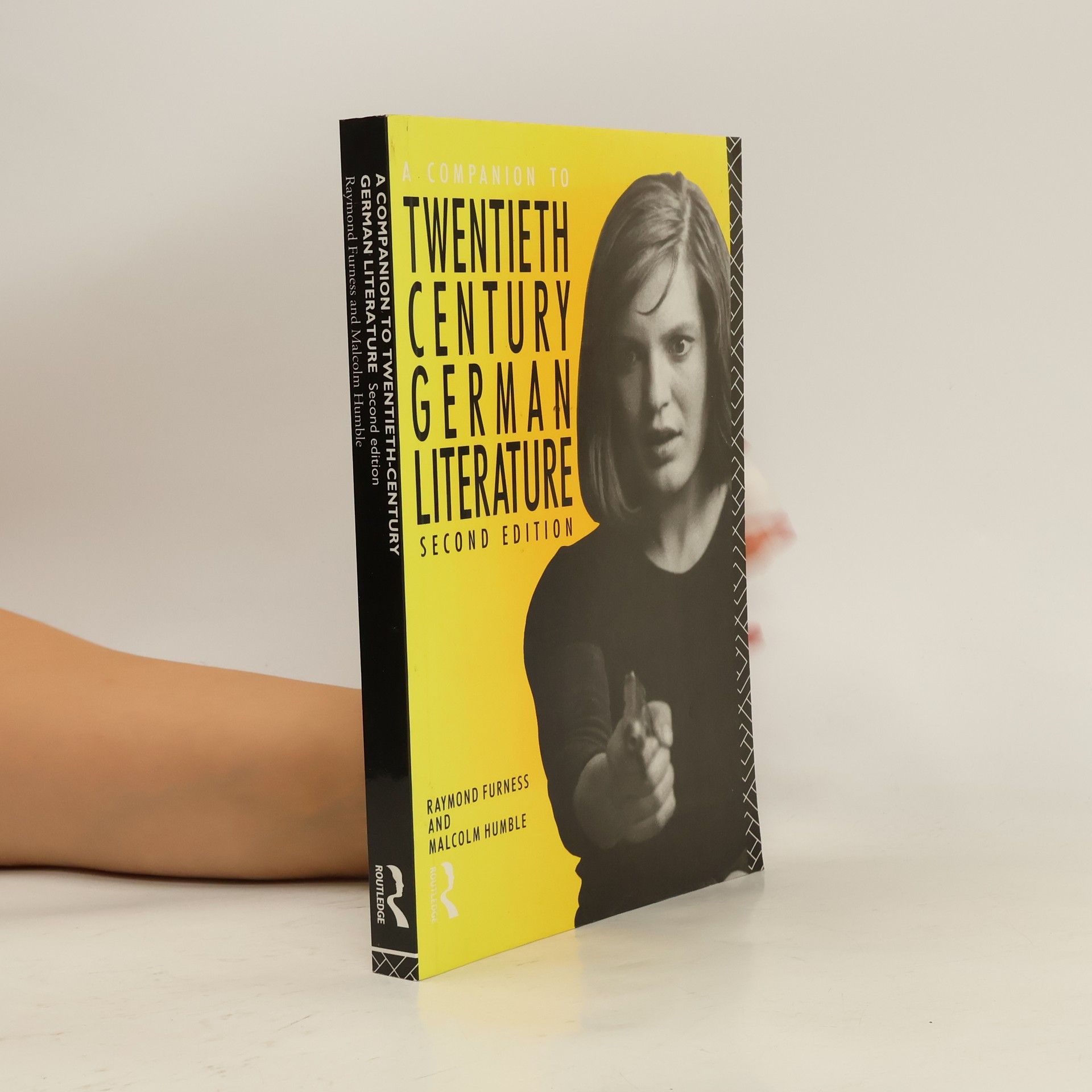Containing entries on over four hundred authors of fiction, poetry and drama from Germany, Austria and Switzerland, this invaluable work of reference presents material of a range and depth that no other book on the subject in English attains.
Raymond Furness Boeken


The Twentieth Century 1890-1945
- 304bladzijden
- 11 uur lezen
Focusing on the literary movements in Austria and Germany, this study analyzes the evolution of various genres from the late nineteenth century through the fall of the Third Reich. It delves into the rich tapestry of literature that reflects the cultural and historical shifts of the era, providing insights into how these movements shaped the literary landscape during a time of profound change.